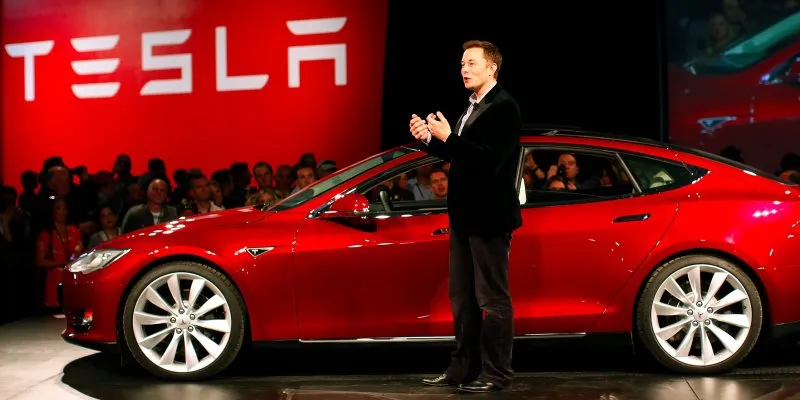Elon Musk plans to enter India this summer with Tesla's Model 3 electric cars
US-based electric car major Tesla plans to enter the Indian market during this summer, according to the company's Chief Executive Elon Musk. "Hoping for summer this year," Musk tweeted in a reply to a query on by when Tesla could launch its vehicles in India.

Last year in April, the company had stated that it planned to enter India with its Model 3 in 2017 while it began global rollout of the vehicle in late 2016. Model 3 is Tesla's most affordable car yet and achieves 215 miles of range per charge while starting at USD 35,000 before incentives. The company's others models include Model S and Model X.
Details provided about the Model 3 include:
- The base model will accelerate from zero to 60mph (97km/h) in less than six seconds, other models will go faster.
- It will include the "autopilot" safety features found in existing models, which allow the cars to steer themselves and avoid collisions.
- It will support "supercharging" as standard, allowing the cars to recharge more quickly at special power stations. Tesla aims to double the number of places offering supercharging to about 7,200 worldwide by the end of 2017.
- It provides storage room at the front and rear of the vehicle.
Read More - How Tesla entering India with Model 3 can be a huge game changer
In a visit to the companys plant last year, Minister of Road, Transport and Highways Nitin Gadkari had offered Tesla land near major Indian ports to facilitate exports to South and South East Asian countries while asking the company to make India its Asia manufacturing hub, reports PTI.
In September 2015, Prime Minister Narendra Modi had visited Tesla's facility in San Jose and showed keen interest in some of their path breaking inventions, particularly in the renewable energy sector which can have multiple applications in remote rural areas.
In 2014, Tesla had said it was keen to enter the Indian market and even identified the country as one of the possible locations to set up a manufacturing plant in Asia. It, however, said high duty on imported vehicles and lack of a separate category for electric cars prevented it from selling vehicles here despite having a huge potential.







